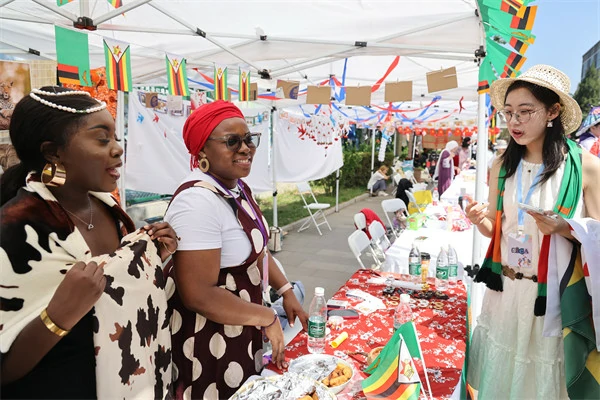
Dressed in exquisite traditional Indonesian batik attire, Wenny and her classmates were busy at their country's booth on the campus of Beijing Foreign Studies University, introducing visitor...
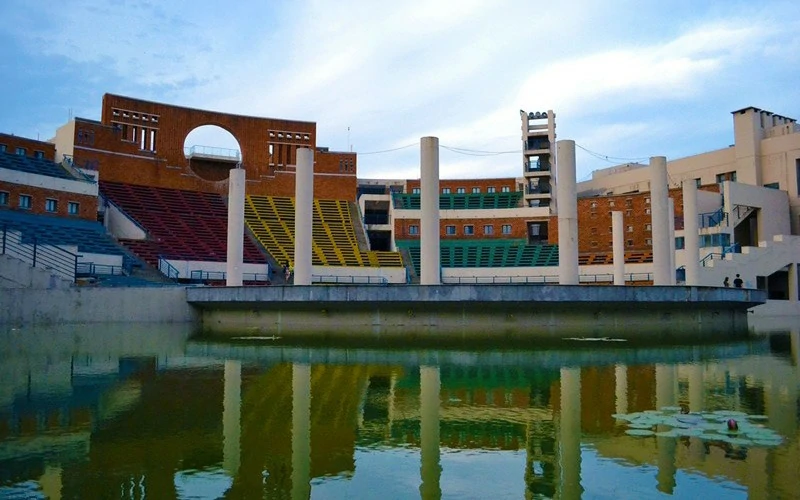
The university is located in Jiangning District, Nanjing City. It has a strong university town atmosphere and is very convenient for daily life. If you study here, you will experience... Convenient...
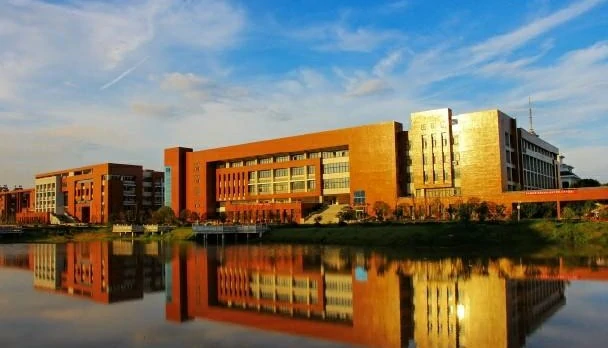
Mechanical Engineering in HUNAN Partial Scholarship The employment prospects of international students majoring in mechanical engineering are still very broad after graduation. They can find...
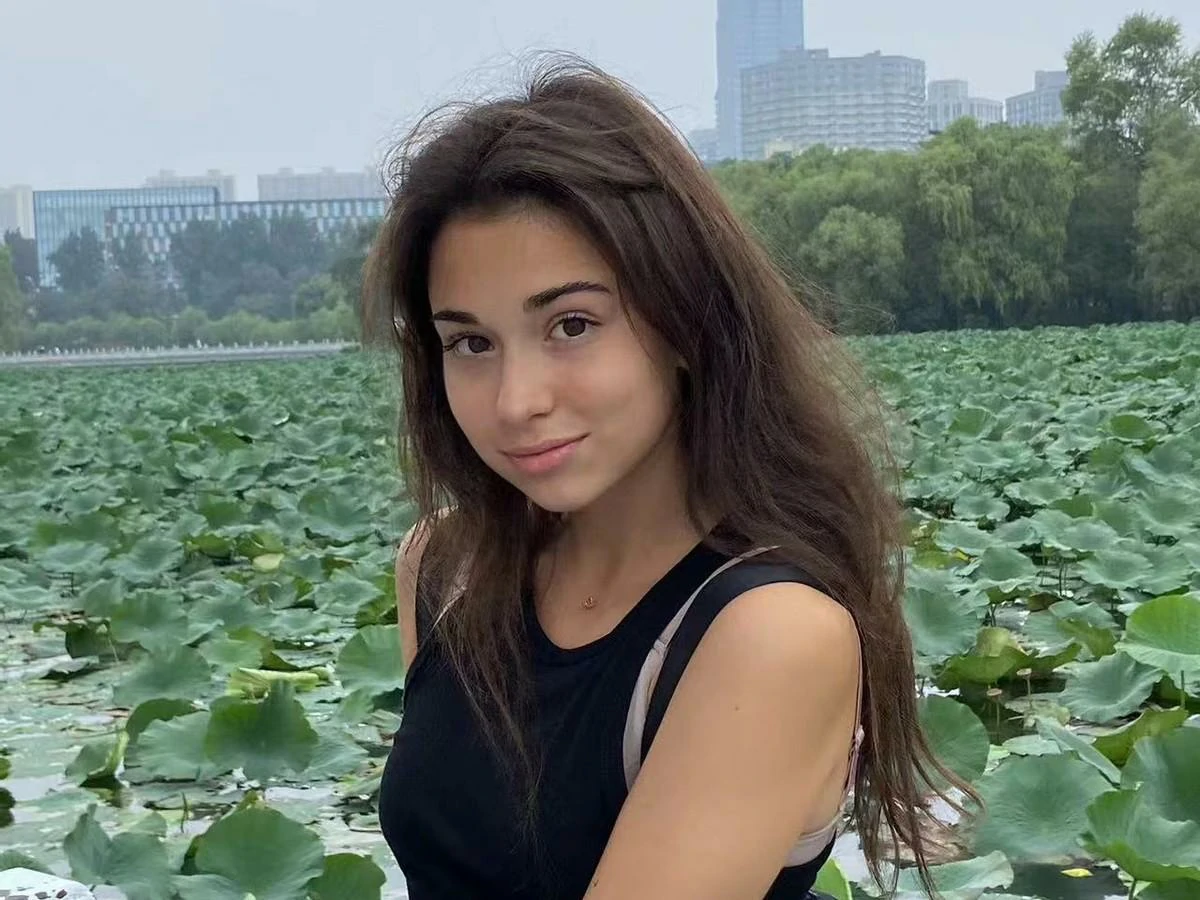
🎓The university nestled in the vibrant city of Changchun, which offers international students a unique education and authentic Northeast Chinese cultural experiences. Founded in 1952, this public univ...
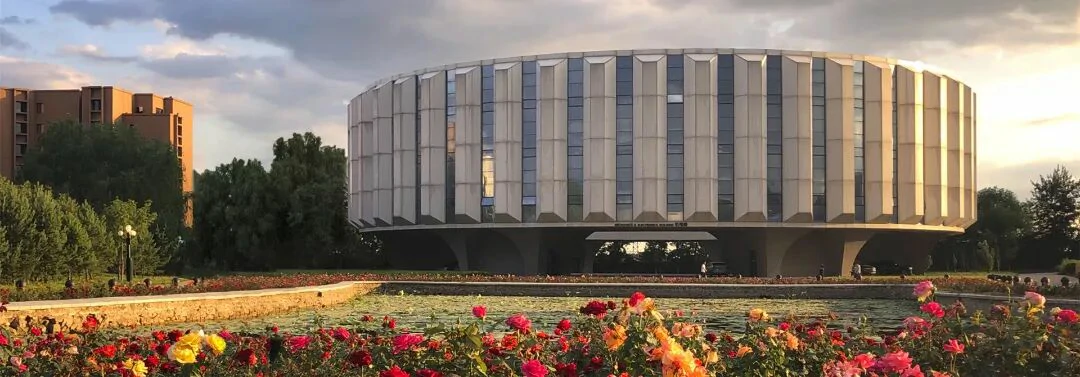
The university is located in Shenyang, an awesome city in Northeast China. Here, modern education meets a vibrant campus culture. You'll be taught by really friendly professors, study with classmate...
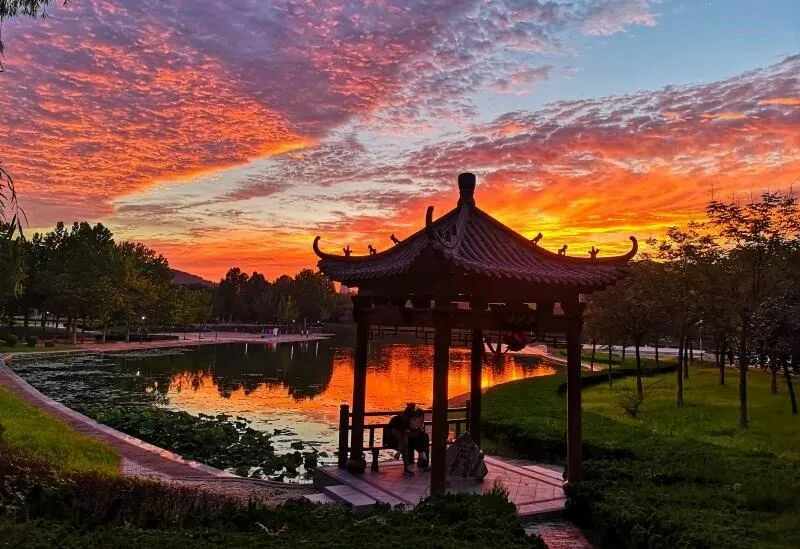
Spring 2026 Chinese Language Programs – Multiple Cities & Durations! 🎓 Explore China and master its language through our diverse 2026 spring intake programs! 🎓 Choose from flexible ...
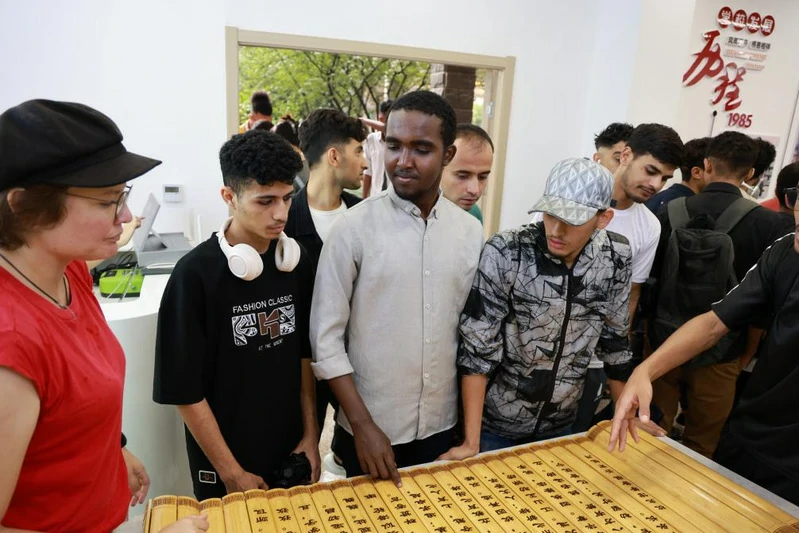
How is this university? 🏠 Location & Environment This university is located in Jingmen City. Affordable living costs in a safe, student-friendly city. 🌈 Excellent Study Environment I...
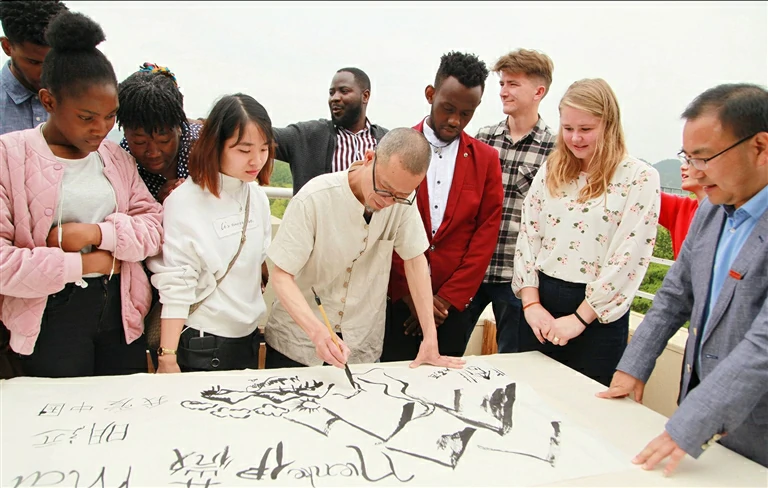
The university is located in the vibrant mountain city of Chongqing, featuring advanced teaching facilities and spacious learning environments. For international students, the college offers ...

How does Students under 18 Apply to Study in China? Many agents have asked us whether students under 18 can study in China. The answer is yes. We know many students graduate at 16 or 17 and don’t ...

This university is located in Guilin, a world-class tourist city and a national historical and cultural city. It is a university jointly built by the Ministry of Education of China and the People's Go...
Popular
SCG - June 13, 2025
Subscribe

